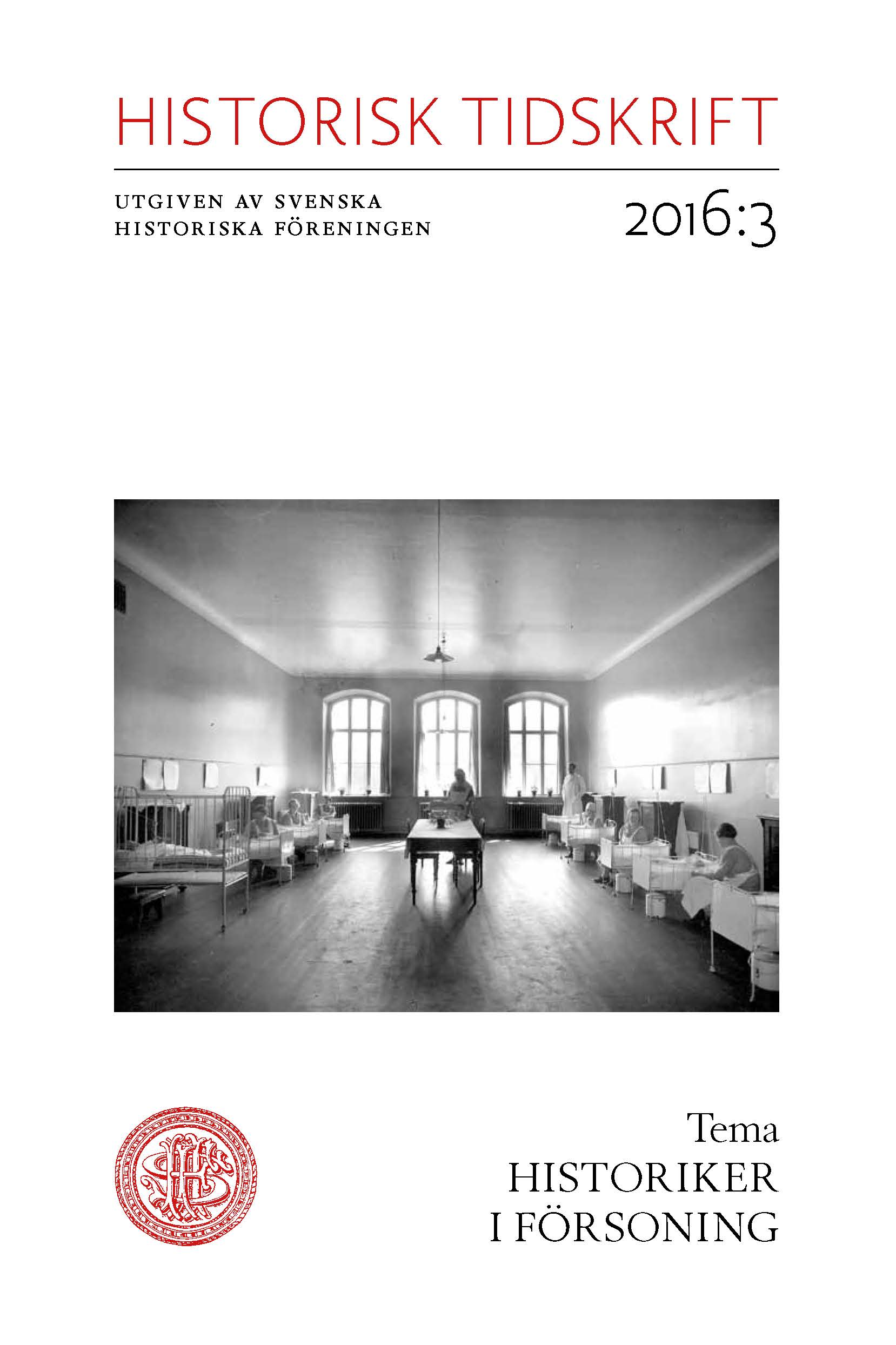Abstract
Moral reflections and historical research: The Holocaust and French-Jewish historiography, 1945–1950
This article investigates the role played by the historiography of the Holocaust in French society during the second half of the 1940s. The first research into the Holocaust originated with the Centre de documentation juive contemporaine (The Centre for Contemporary Jewish Documentation), CDJC, a private archive and research centre founded by Jews in Grenoble during the Second World War to provide historical evidence and prepare legal proceedings. The analysis focuses on the underlying intentions of the historiography of the CDJC, on how the Holocaust was depicted in their publications and on the reception of their studies.
The driving force behind the CDJC research was a moral urge to give reparation and justice to the Jewish people after the Holocaust. The Centre came to present and comment on documents that demonstrated the Jewish people’s suffering and the perpetrators’ guilt in a way similar to how the sequence of events is established in a judicial process. Through documents created by the perpetrators, the independent antisemitic policy of the Vichy regime in France was revealed. However, the judicial approach of the research limited the possibilities to understand the events both from a long term perspective and from a broader cultural and political context. Internal discussions within the Centre also show tension between scientific norms about historical objectivity and the social function of history writing within the Jewish community.
The type of moral and factual historiography produced by the CDJC is especially prominent in periods of political change when there is a need to highlight the experiences of the excluded. The CDJC’s research did not play a significant role in France during the second half of the 1940s, however. Despite the Centre receiving an official recognition of sorts through participation in the Nuremberg Trials, its work suffered from a credibility problem because the CDJC was a private actor researching crimes committed by the Vichy regime. The limited attention paid by the French press took note of the importance of remembering these misdeeds, but the studies never gave rise to any thorough discussion in French society of Jewish experiences or French antisemitic policies during the occupation.

